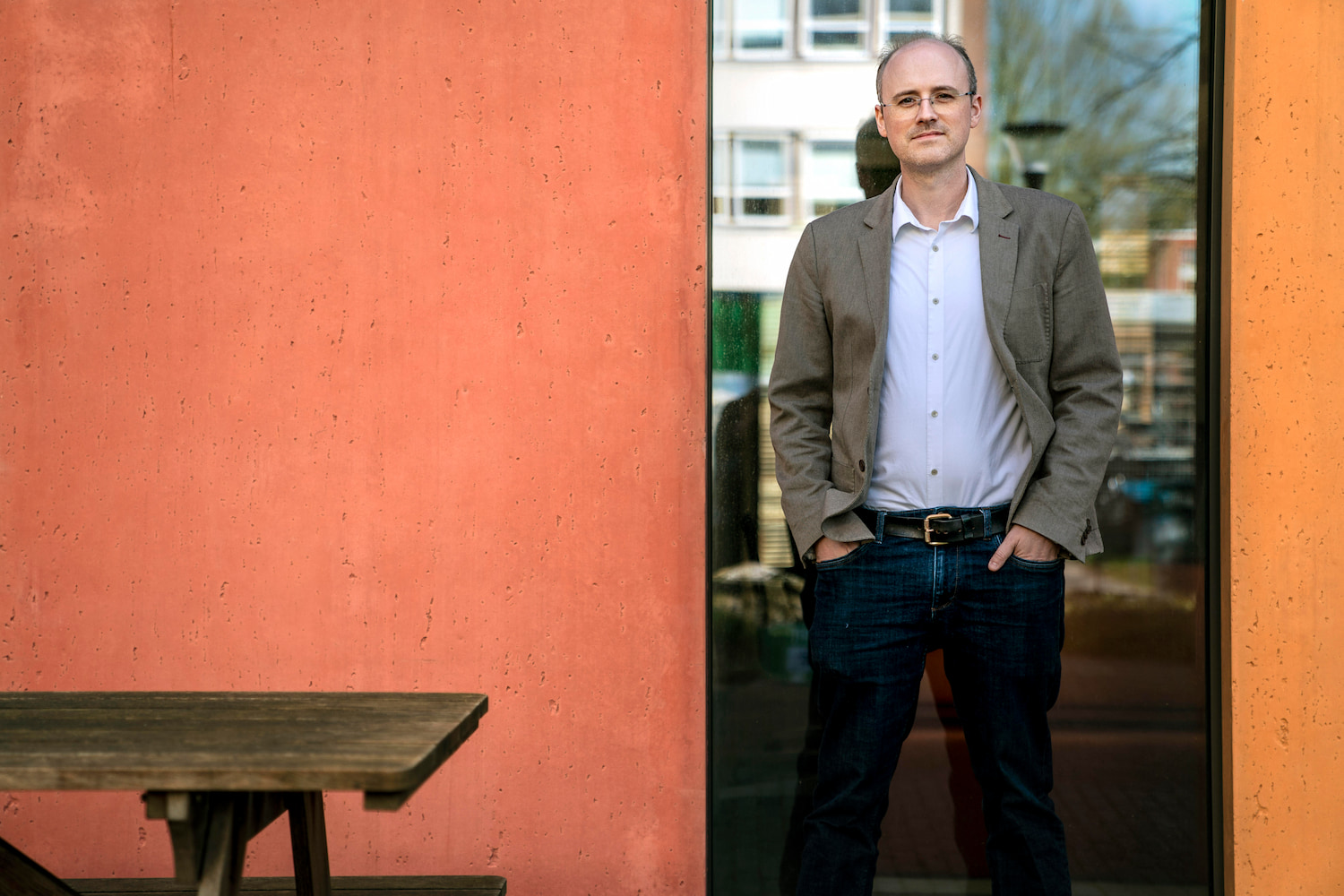About us
On Nov. 20, 1965, the Center for Teaching about War and Peace opened its doors under the leadership of Director Russell Broadhead and a committee of distinguished faculty. The mission then was to provide interdisciplinary, university-wide, academic programs in the field of domestic and international conflict and peace issues. In 1987, the WSU Board of Governors, building upon this rich heritage, created the Center for Peace and Conflict Studies (CPCS).
Mission
Our mission is to develop and implement projects, programs, curricula, research and publications in areas of scholarship related to international and domestic peace, war, social justice, arms control, globalization, multicultural awareness and constructive conflict resolution. The Center for Peace and Conflict Studies addresses this mission in three ways:
- Support undergraduate and graduate student excellence through its academic programs.
- Engage in scholarly research initiatives on aspects of domestic and international conflict management.
- Provide community outreach programs that emphasize: conflict resolution, development of intercultural understanding and enhance local knowledge of global affairs.
CPCS has undertaken a new emphasis area the Saperstein Initiative in Science, Technology, Peace and Public Policy, which involves additional courses, research and public presentations on the intersection of scientific and technological issues and peace/conflict, in such areas as the environment, weaponry, bio-genetics, health care, engineering and computing.
About the director: Pontus Leander, Ph.D
Dr. Pontus Leander moved to Wayne State University in fall of 2021 to serve as an associate professor of social psychology and director of the Center for Peace and Conflict Studies and the Saperstein-endowed Professor of Science, Technology, Peace and Public Policy. Leander conducts research on human motivation, with a focus on aggression, gun violence, hate crimes and mass shootings.
Leander tests how seemingly random, senseless acts of aggression can be traced back to specific psychological wants, needs, fears and frustrations. Leander completed a Ph.D. in experimental social psychology at Duke University (2009) and then spent 10 years at the University of Groningen, The Netherlands. Leander has directed two distributed research networks, the Center for Psychological Gun Research and the global PsyCorona COVID-19 research initiative.

Contact us
656 W. Kirby
2323 Faculty Administration Bldg
Detroit, MI. 48202